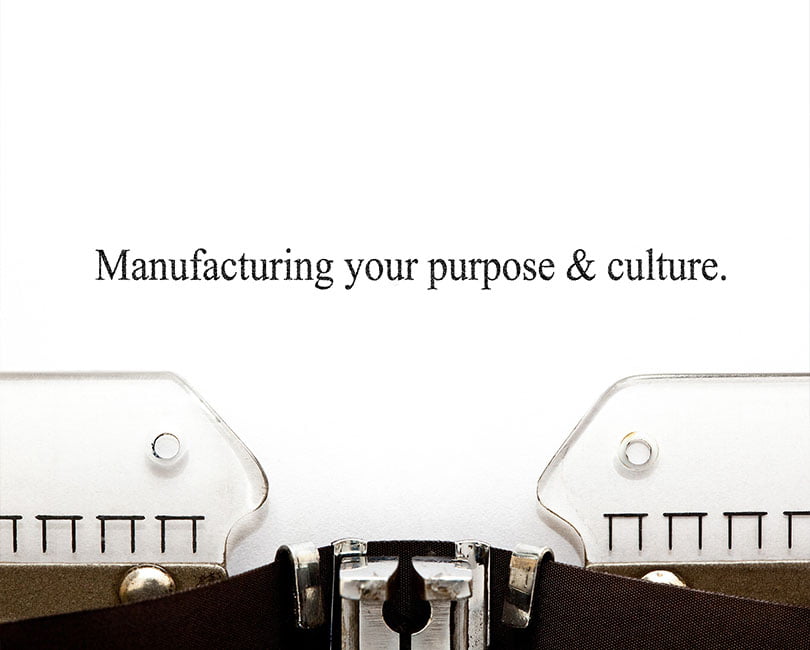Why Purpose and Culture Matter for Manufacturers

 Stambaugh Ness does a great job of sharing thought leadership on various topics. But, when a new series was introduced on organizational architecture, I looked at the first few topics, and honestly, I struggled to see how it was relevant for most manufacturers. After listening to the first webinar on purpose and talking to our Workforce expert, the lightbulb went off. I wanted to share those thoughts to help you connect the dots and why these matter.
Stambaugh Ness does a great job of sharing thought leadership on various topics. But, when a new series was introduced on organizational architecture, I looked at the first few topics, and honestly, I struggled to see how it was relevant for most manufacturers. After listening to the first webinar on purpose and talking to our Workforce expert, the lightbulb went off. I wanted to share those thoughts to help you connect the dots and why these matter.
FACT #1: All products are important.
Manufacturers create an unbelievable number of excellent products that make everyone’s lives better. Packages arrive on our doorstep in 2 days with products we need and many we simply want. Yet, despite our constant product interaction, there is a disconnect between where products originate and how they are made.
As a manufacturer, you understand how raw material turns into a finished good. But do your employees know what they are making and where it goes? If you are an original equipment manager (OEM), you are shipping the final product.
Companies in the supply chain may not understand how the smaller part fits into, the bigger product. Some examples I have seen are tiny metal parts of a cell phone charger, a vehicle’s plastic cover, and components used by our military.
Every part is helping someone, improving something, or simply making life easier and more enjoyable. There is a reason each part is needed, and it’s the responsibility of each company to share the story of its purpose.
FACT #2: Wanting to show up to work every day matters
There is no doubt that we are in the midst of an exceptionally tough job market. You may have heard stories of people being hired, starting in the morning and not coming back to work after lunch. We wonder how that happens, especially to people qualified enough to make it to the hiring stage.
We hope the employees coming to work do a good job, provide value, and want to be there, but hope often isn’t enough. Do you know how your employees feel every day when they get out of bed for work? In today’s market, most employees have options and can find a job anywhere. Why do they choose to work with you? What is unique about your workplace culture that makes it a place where people are excited to get out of bed every morning? What prevents them from job hopping for a slight hourly wage increase? Your culture may need work if you can’t positively answer that. Even with a good culture, there is a constant obligation to ensure the organizational values resonate with your employees.
FACT #3: Purpose and culture are critical to recruitment and retention
As I already noted, the job market is challenging. Many seasoned employees are retiring, and younger generations may still believe common misconceptions about manufacturing. Stereotypes that younger generations don’t want to work continue to circulate, and we also hear that this group of employees want to have a purpose in their work.
There is an adage that keeping a current customer is easier than obtaining a new one. This notion also applies to employees. It costs so much to recruit a new hire, to the point where retention strategies deserve top consideration. Don’t lose sight of the fact that your company is in control of being a destination for talent. What is your reputation in the job market? Are your current employees your best advocates for sharing positive stories?
Employees want to understand the purpose of the work they do and enjoy the work culture you provide. And those same employees are happy to promote and share these things with others.
Next Steps
For manufacturers, purpose and culture should be essential to your recruitment and retention strategy. Join our upcoming webinar to learn more about how to prioritize purpose and culture within your workforce for a competitive advantage.



